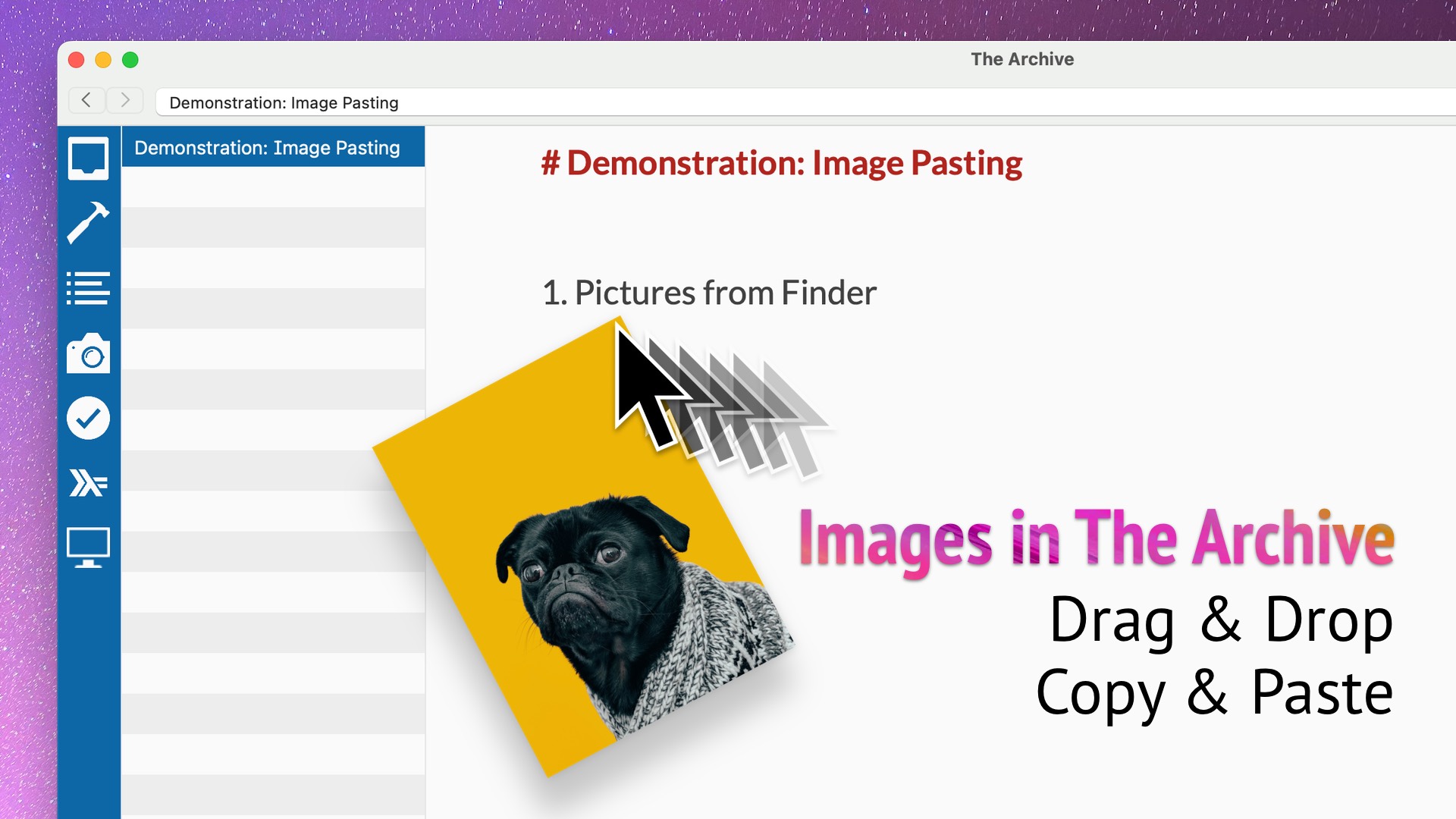Posts from 2023
Upgrade Atomic Thinking to Holistic Thinking

In his essay Atomic Thoughts, Matt Gemmell writes about the atomicity of ideas. The principle of atomicity is a guiding principle for understanding a larger and complicated idea. Its power lies in the fact that it mimics how our mind works. The recommendation for application could be summarised as follows:
Workshop Announcement: The Zettelkasten Method 101 LIVE Workshop
Dear Zettlers, we are happy to announce the LIVE workshop: Unlock your Integrated Thinking Environment with the Zettelkasten Method! By mastering the Zettelkasten Method, you’ll gain the most powerful tool to tackle modern knowledge problems. Whether you aim to become a lifelong learner, produce high-quality content, develop innovative solutions, or stay ahead as an early adopter, this workshop is for you!
How to Increase Knowledge Productivity: Combine the Zettelkasten Method and Building a Second Brain

This article is structured in two parts. First, I summarize the Building a Second Brain (BASB) method by Tiago Forte. Then, I will compare it to the Zettelkasten Method (ZKM). I will first discuss the differences, because they can help to understand BASB and the ZKM more deeply. Then I will explain how to reconcile BASB and the ZKM. Spoiler: they can be combined perfectly. I have made some changes in my own way of working. I will include these as examples at the end.
The Archive: Introducing Image Import for Your Plain Text Notes

We’re excited to announce that The Archive now supports image import, making it easier than ever to add visuals to your notes. Check out this video to see our new image management features in action:
How to Improve Your Zettelkasten by Learning from Athletic Training

The benefits of your Zettelkasten highly depend on the longevity of each note. Since the Zettelkasten as life-long companion and comrade in the battle for and against knowledge is a long-term endeavor, it is crucial that you create notes and structures that will last a long time. The minimum goal should be that they last a lifetime, so they are optimally designed for yourself. Ideally, they last forever, so future generations can benefit from your work as well.
Why the Single Note Matters

A while ago, I offered free feedback on individual notes to seven people. I did this to showcase the importance of putting effort into individual notes. The ability to write a good single note is one of the main pillars of the Zettelkasten Method. In fact, it is a skill that is universally needed and independent of the Zettelkasten Method.
Improved Translation of “Communications with Zettelkastens”

Disclaimer: The original article by Luhmann is charged with his unique concepts that he developed for his social systems theory and a laconic German that is typical to the north of Germany. This is a strange challenge for any translator since you want to be faithful to the original, but at the same time there is a need similar to transposition in music: Transposition means that you lift everything up a pitch. I’d like to show you a translation of a paragraph that highlights the issue of translation itself:
Little Machines in Your Zettelkasten

A basic description of a Zettelkasten could be that it is just a hypertext of your notes. But this definition falls short of the intended goal to create a tool that assists your thinking. Technically, an interconnected quote collection could be a tool to assist your thinking and it would meet the above definition of a Zettelkasten: It is a hypertext of your notes (which consists of just quotes in this example). But it violates the spirit of what a Zettelkasten is. An interconnected quote collection does not express the full potential of the Zettelkasten Method since your past self could have created vastly more value for your current self. It is up to you how much you want to invest in your future self.
Feynman's Darlings – Or: How Anyone Can Become Brilliant

You can become brilliant. You just have to be smart and work hard. You asked me if an ordinary person by studying hard would get be able to imagine these things like I imagine. Of course! I was an ordinary person who studied hard. Source